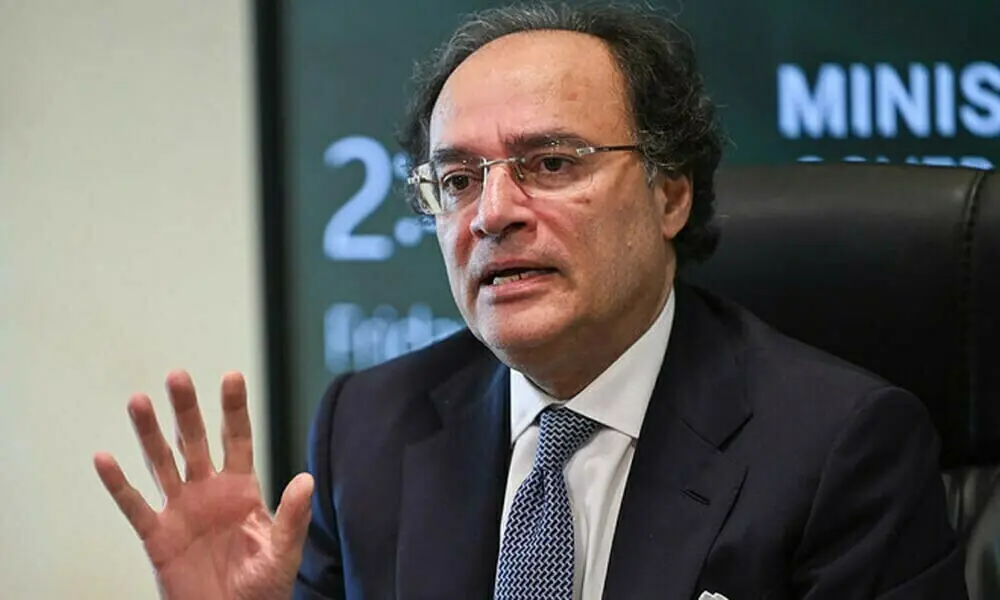Finance Minister Muhammad Aurangzeb said Pakistan is gearing up to re-enter international capital markets, beginning with the issuance of a Panda bond, expressing optimism that the inaugural issue could take place before the end of the year. The minister also highlighted potential exploration of other global markets, including GMTN, as credit ratings and spreads improve.
The federal minister gave these remarks while addressing the CIPFA-ICAP Public Financial Management Conference 2025, organised by ICAP, at Serena Hotel on Wednesday.
The finance minister shared that he, alongside Prime Minister Shehbaz Sharif, would visit China next week.
“We will bring up the discussions of where we want to go, in terms of going back into the international capital markets, starting with the Panda bond. We are very hopeful that before the year is out, we can do the inaugural issue,” he said.
Aurangzeb said that if credit ratings and spreads continue to improve, Pakistan can explore other international capital markets, including GMTN, during this fiscal year.
Talking about recent macroeconomic indicators, Aurangzeb said, “After a long time, we have the three international rating agencies, i.e. Fitch, S&P and Moody’s, aligned. That is an external validation in terms of the journey that we have been on.”
“We are moving in the right direction, in terms of sentiments. We need to stay the course and avoid the boom and bust cycle,” he said.
Aurangzeb said the newly achieved economic stability “is a means to an end”.
The finance minister said that climate change is among the existential threats to the South Asian country. He urged the attendees to provide their support in identifying investable bankable projects.
He said that the government has simplified the tax filing process.
On taxation reforms, Aurangzeb said that the Federal Board of Revenue (FBR) is not involved in policymaking; it is the responsibility of the Finance Division.
On SOE reforms, the finance minister said 24 SOEs are under the Privatisation Commission. “We need to be strategic and essential,” he said.
The finance minister was of the view that the privatisation and rightsizing of SOEs would lower corruption. “That is the real saving to the national exchequer,” he said.
Aurangzeb reiterated that the private sector should lead the country, while the government is responsible for providing a conducive ecosystem and enabling environment.


